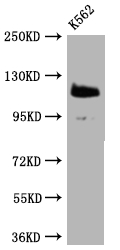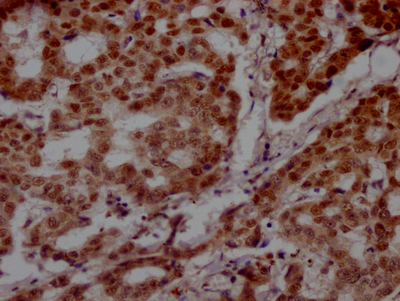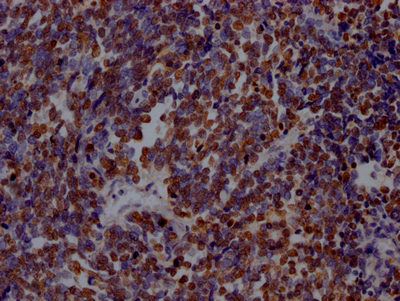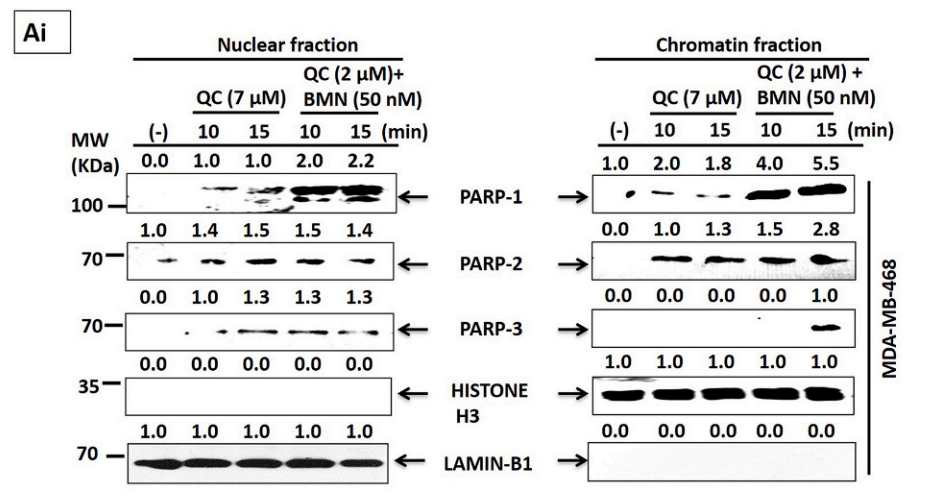PARP1, the most abundant and well-studied poly(ADP-ribose) polymerase (PARP), is a versatile enzyme that is involved in transcription, splicing, polyadenylation, stability, export, and ribosome assembly, among other cellular activities. PARP1's catalytic activity contributes to mediating multiple DNA damage repair pathways. PARP1 is important for the stability of DNA replication forks. As a result, PARP1 inhibition is being used in clinical trials to treat a variety of malignancies, including DNA repair-deficient ovarian, breast, and prostate cancers.
The PARP1 antibody genes were cloned from B cells that were derived from immunized animals with A synthesized peptide derived from human PARP and then introduced into the plasma vectors, which were transfected into mammalian cell lines for up-scaling expression. The product was purified by A synthesized peptide derived from human PARP to obtain the recombinant antibody against PARP1. This recombinant PARP1 antibody is reactive with the PARP1 protein from Human. It is recommended for use in the ELISA, WB, IHC.









